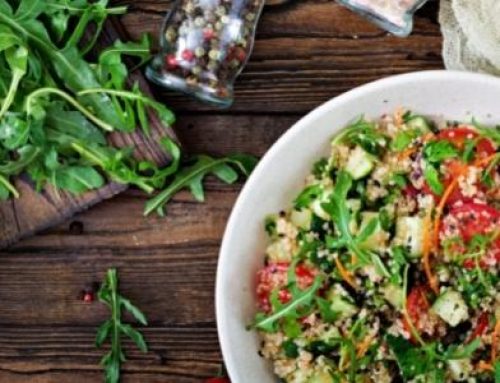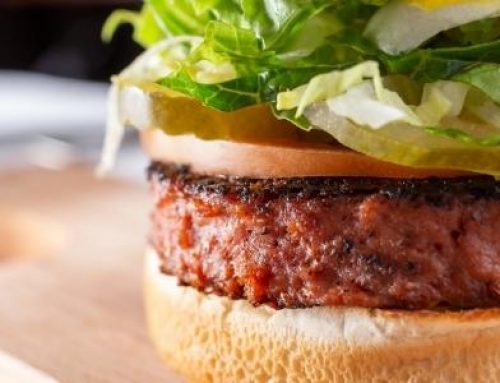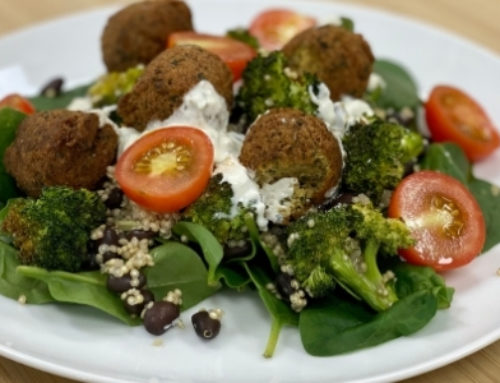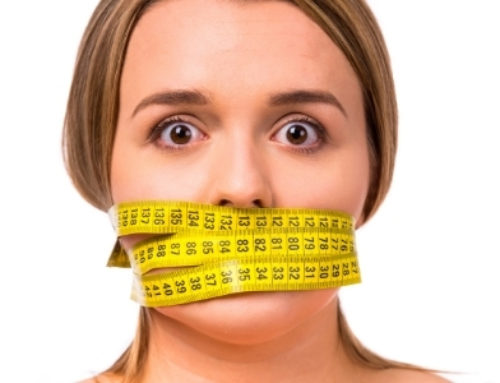
A common question I get asked when working with active people and athletes is: “What is the best snack to eat before or after exercise?”. That question is like asking, “What is the best outfit to wear?” To be able to find the best fit for you, we need to learn more information about performance goals, as well as allow for personal preference and taste.
The first step is to understand your exercise and fitness goals.
Are you exercising for weight loss or high performance?
To begin with, the purpose of the exercise you’re planning on doing is important in understanding how we should be fuelling our body. For example, if you are exercising with weight loss as a goal, the nutritional strategies are very different to someone that is about to participate in a competitive event or in a peak training period for their chosen sport. If your exercise goal is weight loss, you would ideally have enough nutrition “in the tank” to get through a planned activity without feeling uncomfortably hungry, but should also be working in an energy deficit (burning more calories than you consume). To achieve this, following general healthy snacking principles is normally adequate, of which there are many articles on The Healthy Eating Hub blog to investigate. When we turn our attention to snacking for optimal athletic performance, we need to answer some more questions!
Should you have a snack before, during or after your exercise?
Snacking during and around your exercise can assist in improving your performance, training outcomes and recovery, understanding the types of foods to target, and when to eat them is the key to unlock the potential of nutrition as a part of your training and performance regime.
Before:
If you are seeking maximal or high quality output during a competitive event or training session, taking the opportunity to provide your body with a “top-up” of energy (carbohydrate) in the final 1-2 hours before exercise is advisable. This snack can also assist in keeping any potential hunger issues at bay whilst you are exercising and has been shown improve mental capacity during periods of fatigue. This snack should also be relatively low in fibre and fat to prevent any potential gut issues during the exercise.
Examples:
Jam on white bread

Banana and date smoothie – with low fat milk


During:
For sessions lasting longer than 60 minutes, the addition of a carbohydrate-based snack during exercise should be considered. For events lasting longer than 90 minutes, a snack should certainly be used to continue being able to sustain the intensity of your activity. If your exercise is shorter than 60 minutes, it is unlikely that your body will require any additional fuelling, and in this case, staying hydrated is a primary the primary nutritional goal. During a training session or event, it is important to choose a snack that is easy to eat ‘on the run’, so that you can stay focused on what matters most – getting the most out of your body.
Examples:
Banana

Handful of lollies

After:
Post-exercise, the aim of food we eat is to replenish our stores of energy that we just depleted & to recover our muscles. To do this, we should aim to consume a meal or snack that contains both protein and carbohydrate in the immediate 60 minutes following exercise.
Following exercise a conscious effort should be made to consume plenty of fluid to ensure we rehydrate and replace the water we lost during exercise. For the vast majority of people, standard tap water will do this sufficiently. If you have just completed an extended bout of constant exercise (60+ minutes), there may some benefit in using a sports drink or hydration aide (hydralyte, powerade etc.)

Examples:
Flavoured milk

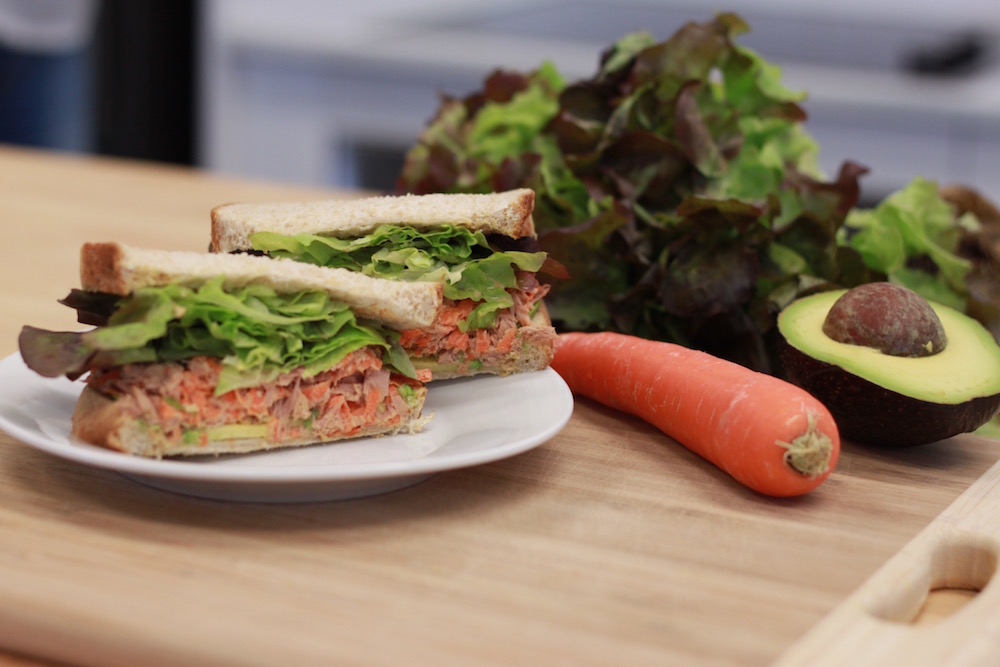

Should you consider supplements to improve your performance?
For most people, a well-balanced diet will provide you with everything that you need to succeed in your exercise goals. Essential components of a well-balanced diet, such as vitamins and minerals, are rarely found in sports supplements. However, there is a place for sports-specific supplements as part of a healthy dietary regime. With such a vast array of products on the market, choosing a supplement that will help you to meet your personal goals can be a minefield.
If you wish to begin using supplementation as a part of your training and diet regime, we would highly recommend you make an appointment to see one of the wonderful Dietitians we have at the Hub to guide you through the maze that is supplementation in sport.
If you’d like further help with your nutrition click below:

